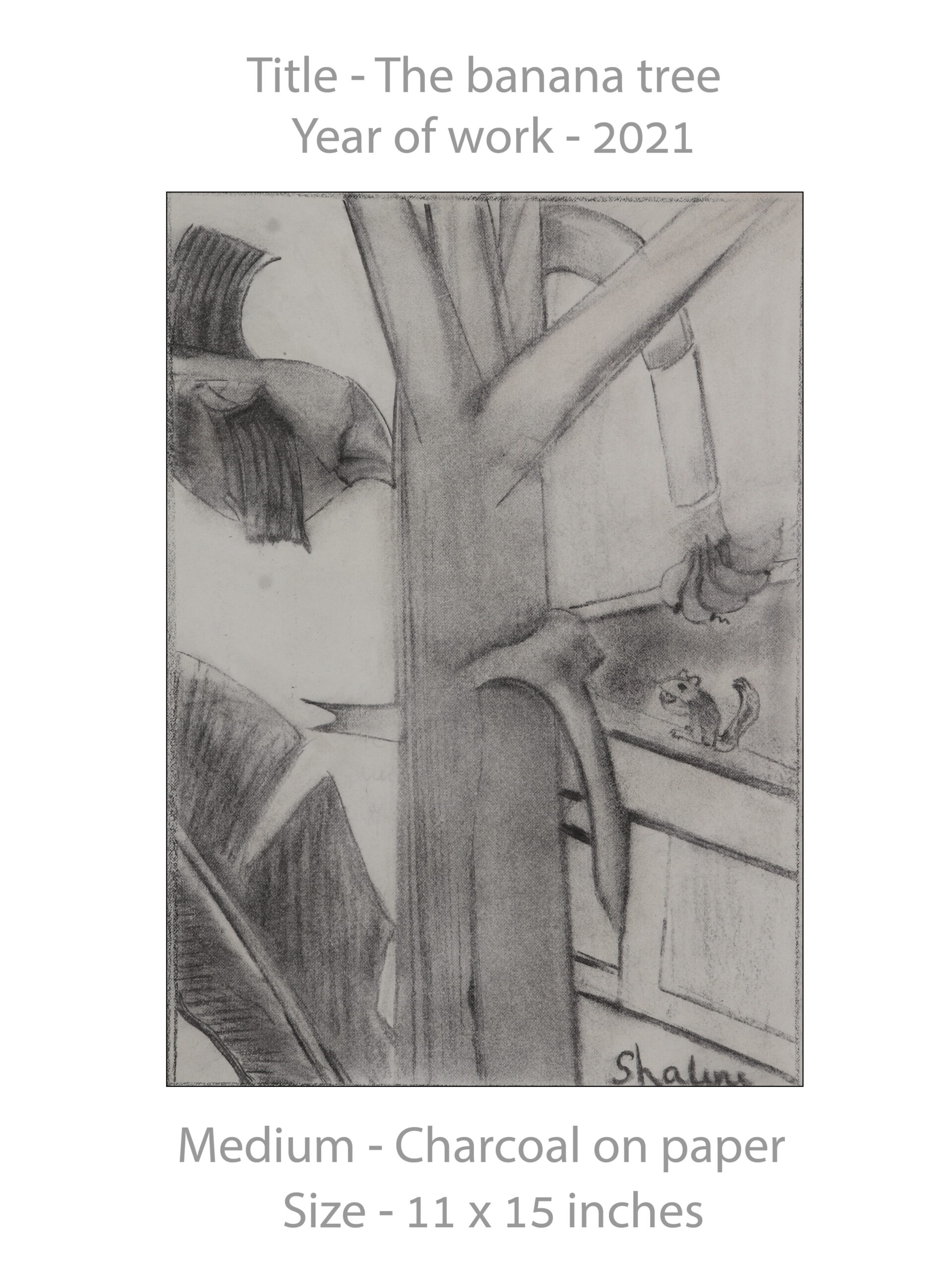Is Ethical teaching to students possible in the modern pragmatic times?
.
Teaching is not just a method. It is a principle forming ethical code of conduct that students and teachers are inevitably required to retain in order that education becomes something more than just a curriculum driven enterprise. Today, times have changed and so has the value system being reformed which makes it quite interesting and challenging to balance the rightful morals and the modern alternatives on the part of both students and teachers. To adequately select the kind of valuable precepts to be followed and those to be accurately negated for the higher good of futuristic learning which is far from being simply a matter of ‘obeying the fixed norms set by authorities is indeed an intricate choice to make.
The present day has shown us the theory of relativism which operates on the notions that ‘good’ and ‘bad’ are mere perspectives and there isn’t a hard and fast rule behind following or rejecting certain behavioural codes; the academic sector also not being excluded from the same. We know we have many who seem to be confused whether rules are meant to be followed or broken. That’s the tragedy of the modern times that we aren’t able to draw a visible and clear line between the dos and the don’ts in our lives. Consequently, we all try ways and means to adjust ourselves the way we can without being bothered about being essentially – ‘ethically’ correct. There isn’t anyone who could be straightaway blamed for the circumstances that have resulted on account of the modern man’s own lethargy of finding out the adequate distinctions between morally correct and incorrect. All we can do is simply state that the times have changed and so we need to accommodate ourselves with the altering times wherein teachers and students may take certain deviations from the stringent norms of maintaining a conventional –Guru-Shishya, Teacher-disciple relationship. It can be based on camaraderie rather than a pedagogic alliance between the two and the one who teaches and the one who learns both can be on the same platform; each learning from the other. There isn’t any harm of course in accepting this fact for this is the truth of today’s era that encourages equitable learning which rests on the principle of non-discriminatory teaching enterprise wherein the teachers act as mentors and facilitators providing the best of their knowledge and at the same time remain receptive towards accepting the points of view of their mentees.
Apparently, this is healthy and seems oriented towards eradicating orthopraxy wherein the teachers dwell on the notions of stringent dominion and the students hardly get a chance to ask questions or engage in any healthy discussion that could enliven the concept of education as a holistic learning approach. In such an overtly adequate environment, it seems rather inconsequential to demarcate the teachers and the students as seniors and juniors or experienced and novice etc. These terms that are viewed as derogatory by those that regularly endorse teaching as the means of effacing teacher student difference and making the teacher an approachable entity rather than a formidable personality. Nonetheless, as the thin line of difference has been blurred, it now becomes very difficult to justifiably present the requisite of the need to treat teaching as a respectable profession and teacher as the one that deservedly ought to be revered for the contribution that one makes in the field of imparting education. The repercussions of this phenomenon are such that neither the teacher nor the student and not even the parents of the respective students are able to offer an appropriate wisdom on how teachers and students should be when they are in an academic setting. In addition to this there seems absentia of guidelines in the matter of interactions between teacher and student in the external environment outside the school.
It is under the pretext of being ‘modern’ educationists that teachers today at times dismiss the mandate of being ‘obeyed’ irrespective of the child becoming assertive or demanding or even at times irreverent in one’s demeanour. Ignoring under the guise of being receptive towards informal approach of the students in order to make them feel comfortable in one’s presence seems simply an excuse. It is universally acknowledged that a teacher ought to let one’s students understand that a certain code of conduct is supposed to be followed when one chooses to interact with an elderly and experienced mentor. A student often escapes the guilt of being impertinent with the teacher on account of one’s tender age wherein immature language lapse and unregulated mannerisms are labelled as juvenile misdemeanours. A teacher on the other hand is responsible for the mistake a student makes while taking the self-respect of the mentor for granted.
Teaching is just not disseminating the information contained in the books. It is the onus on the teacher of ‘shaping characters’. This process is not only serious but also challenging. Not all the students are open-minded towards the process of ‘ethical guidance’. It therefore becomes inevitable for a teacher to identify the mental readiness of each student towards adopting what we term as ‘good manners’. Moreover, the difficulty is also on account of the fact that the contemporary society is heavily oriented towards promulgating the notions of pragmatism which unfortunately dispense with the requirement of including ethical values and principles of life. It is erroneously proclaimed by many so called modernists that being sensitized towards cultivating humanitarian virtues founded on the principle of emotions is a sign of weakness. Those people that get influenced by such misconceptions become hard hearted and focus only on attaining material success. That pragmatism is the only need of the present day and emotional thinking is a waste of time and energy is the most convenient theory adopted today. This is generally the belief of those that perhaps do not comprehend the rationality of being modest and courteous without which apparently there is no chance of establishing a healthy human society. Since the minds of the children are so impressionistic, they are the ones that get misguided by such wrong concepts and because they do not know the difference between being practical and being insensitive, these two concepts overlap and shape the deformed personality of many as we see them today.
Teachers have an integral role to play in this regard and even parents need to extend their support in the establishment of value education as a priority. Opted by many academic institutions these days, it is indeed beneficial to have a course on righteous conduct that may enable the children understand the worthiness of being ethical in their attitude. Together with the students, today’s teachers also need to undergo a vigorous training on retention of ethical virtues. Ensuring equity in their approach towards students that effaces distinctions of any kind based on either their academic progress report or their social stature is fundamental. Practicing the principles endorsed to the students in one’s own life is another mandate that the teachers indispensably need to follow in order that the students develop respect for them; respect cannot be demanded, it is to be commanded is a well-known adage. Thus, value education is not to be myopically understood as another subject to be taught to the students. It is something that is ought to become a regular habit inculcated in the lives of the teachers first and then through them in the lives of the students in order to have clarity that we all strive hard today to achieve about the goal of the teaching profession.
It is very easy to state that the child is beyond control or discipline is not possible to be imposed as a rule in today’s high-tech secular environment wherein students are smarter and more informed than the teachers as they are exposed to the techno-savvy world. The fact is that corrective measures are the right granted to every teacher and they need to be adopted as the means to bring about the change in the misinformed students that have been wrongly manipulated towards the ideas of liberty and secularism. The goal is achievable and is not something that is too far-fetched or larger than life to be experienced as a reality in our lives. Let us as teachers try our level best to strike a balance between ethical values and modern pragmatic concerns that demand constructive alternatives in the existing traditional systems of education. This balance is the adequate mode of making teaching something more than just a mundane exercise carried out as a professional endeavour offering lucrative benefits. The day when teacher learns to make learning a holistic experience for a student and selflessly impart education retaining ethical values, this world will certainly have better citizens committed towards living a virtuous life. The teacher student relationship will definitely be exemplary of an amicable affinity between a true mentor and a responsible mentee.
For comments if any please send in the box below.











